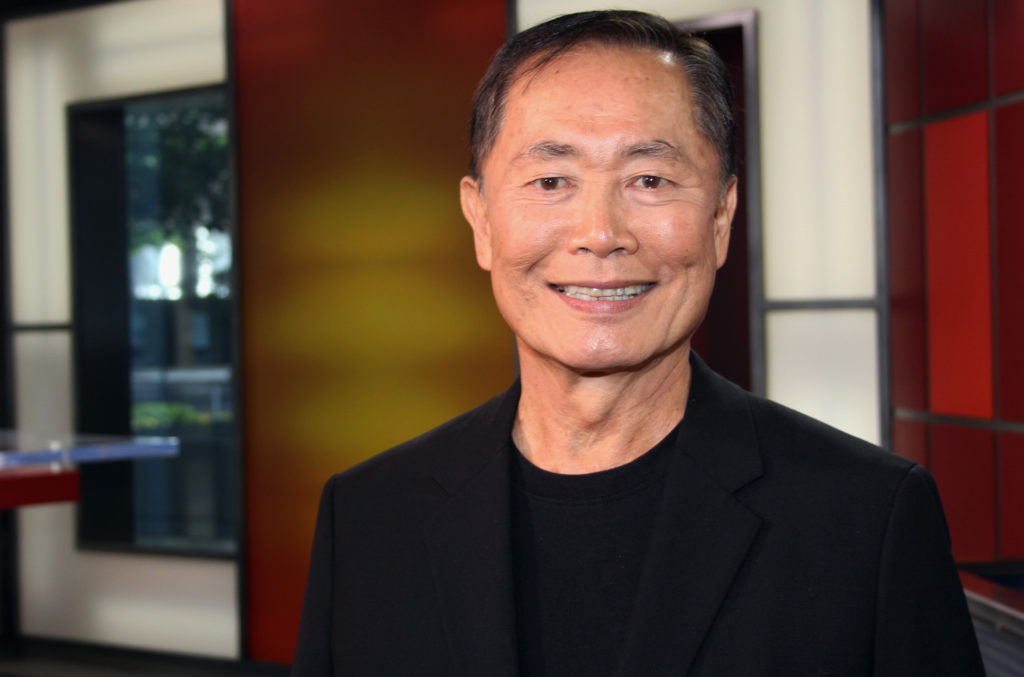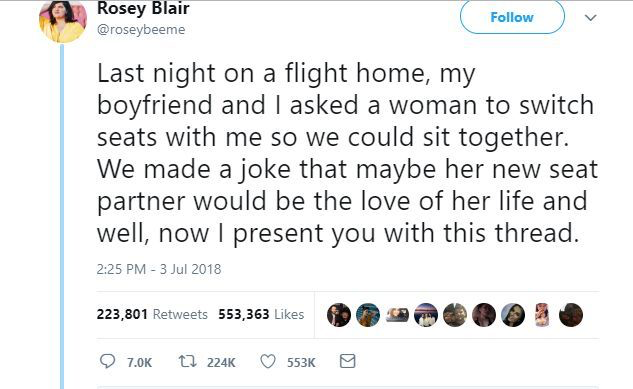
This post was updated on November 14, 2017. Please scroll down for updates.
In stunning news for the Asian American community, beloved community activist and Star Trek star George Takei has been accused of sexually assaulting former male model and commercial actor Scott R. Brunton in a 1981 incident.
Brunton told The Hollywood Reporter yesterday that he had met Takei when Brunton was 23, and that Takei had invited Brunton to his condo after a night of dinner and theatre. There, Brunton says that Takei gave him a drink that made him feel dizzy, and that he lost consciousness. When he regained consciousness, Brunton says he found Takei in the process of undressing him and groping him. Brunton told Takei that he did not want the sexual contact, pushed Takei off of him, and left.
The Hollywood Reporter confirmed that Brunton had told four friends of the encounter several years ago.
Takei is the latest male Hollywood fixture to face accusations of sexual assault in a sweeping movement that began with The New York Times‘ expose of producer Harvey Weinstein last month. In the past week, the accusations against Takei emerged alongside accusations against others including Kevin Spacey and Richard Dreyfuss. The allegations against Takei were made after Takei took Spacey to task for using charges of sexual assault as an opportunity to come out as gay.
“Men who improperly harass or assault do not do so because they are gay or straight — that is a deflection,” said Takei in a statement last week about Spacey. Brunton says that he felt Takei’s words were hypocritical given his own encounter with Takei, and that this motivated him to speak out.
Takei responded to the charges this morning on Twitter in a series of tweets denying the allegations.
Friends,
I'm writing to respond to the accusations made by Scott R. Bruton. I want to assure you all that I am as shocked and bewildered at these claims as you must feel reading them. /1
— George Takei (@GeorgeTakei) November 11, 2017
The events he describes back in the 1980s simply did not occur, and I do not know why he has claimed them now. I have wracked my brain to ask if I remember Mr. Brunton, and I cannot say I do. /2
— George Takei (@GeorgeTakei) November 11, 2017
But I do take these claims very seriously, and I wanted to provide my response thoughtfully and not out of the moment. /3
— George Takei (@GeorgeTakei) November 11, 2017
Right now it is a he said / he said situation, over alleged events nearly 40 years ago. But those that know me understand that non-consensual acts are so antithetical to my values and my practices, the very idea that someone would accuse me of this is quite personally painful. /4
— George Takei (@GeorgeTakei) November 11, 2017
Brad, who is 100 percent beside me on this, as my life partner of more than 30 years and now my husband, stands fully by my side. I cannot tell you how vital it has been to have his unwavering support and love in these difficult times. /5
— George Takei (@GeorgeTakei) November 11, 2017
Thanks to many of you for all the kind words and trust. It means so much to us.
Yours in gratitude,
George /end
— George Takei (@GeorgeTakei) November 11, 2017
Takei is a leading voice for Asian American progressives, and there is inevitable temptation to disbelieve the accusations against him. However, sexual assault victims rarely report their attacks because they do not believe they will be believed and they do not think their attackers will be held criminally accountable, and this high rate of sexual assault underreporting vastly compounds the problem. Thus, we should a priori treat the stories of all sexual assault survivors as though they are at least credible — no matter how much we might admire those who stand accused. To borrow Takei’s phrasing, this is indeed a case of “he said / he said”; but that doesn’t necessarily mean that we should immediately discount what Brunton says.
On the other hand, writers have already suggested that the accusation against Takei are weak, and may even be a coordinated effort to discredit the emerging allegations of sexual assault against other Hollywood insiders. Already, conservative voices are reveling in the accusations against Takei, who was one of the more prominent Hollywood voices against Trump over the last year. Karen Wehrstein writes in the Daily Kos that the fact that Takei has only one accuser, and that the story was rapidly picked up by conservatives and known Rightwing troll accounts renders Brunton’s account suspect.
Nonetheless, if true, the context of the allegations against Takei are particularly troubling. Sexual assault rates are particularly high within both the Asian American community (and in particular against Asian American women) and the LGBT community; yet, if Brunton’s story is true, Takei drugged and sexually assaulted the younger man. Beyond the criminal elements of that story, Brunton’s account against the larger backdrop of the revelations about Hollywood demonstrate that rape culture is pervasive in and endemic to Hollywood, and that the industry needs massive investigation and reform to protect vulnerable young actors.
It remains unclear whether the allegations will have lasting impact against Takei or his career: Takei is a voice actor in several animated films scheduled for release this year, and he is scheduled to appear on-stage in the musical Allegiance — based on World War II Japanese American incarceration — in Los Angeles and Hawaii. (See my review of the Broadway run of Allegiance here.)
Either way, the accusations against Takei should also remind us to be wary of placing too much emphasis on the pursuit of celebrity activists. We should not subscribe to a “Great Man Theory” of Asian American political liberation; heroes inevitably disappoint. Instead, we must embrace our own power to bring about the change we wish to see in the world.
Update (November 14, 2017): After troubling audio from a recent interview of Takei on The Howard Stern Show resurfaced — wherein Takei appeared to confess to aggressive (and non-consensual) groping of men at his home — Takei has offered some troubling explanations for the allegations. First, he blamed Brunton’s story on Russian homophobia and meddling into American politics in now-deleted tweet and Facebook posts.
A day later, Takei posted on Facebook a statement addressing his comments to Stern. In it, Takei blames his statements on a “naughty gay grandpa” persona he says he adopted while appearing on Stern’s show. Now, where have we heard the “I was only jokingly pretending to be an asshole when I said that asshole thing” defense before?
Meanwhile, The Oregonian tracked down Takei’s accuser, Scott Brunton. In an interview published today, Brunton elaborated that he believes that Takei drugged him in their 1981 encounter.
“I know unequivocally he spiked my drink,” said Brunton, who’s 6-feet-2 and weighed 175 pounds back then. “It takes a lot more than two drinks to put me out.”
In the interview, Brunton also says that he is only seeking an apology from Takei.
“I would hope that he could bring himself to just apologize,” Brunton told The Oregonian/OregonLive. “I don’t want anything other than that.”

